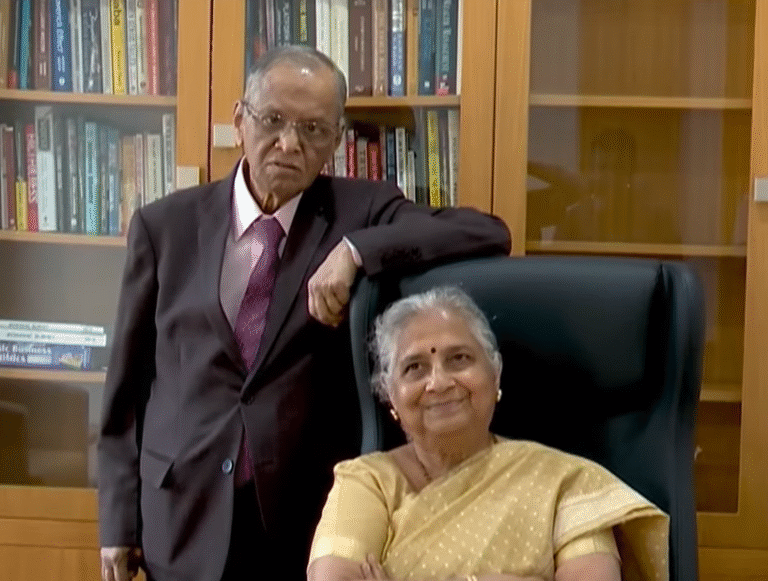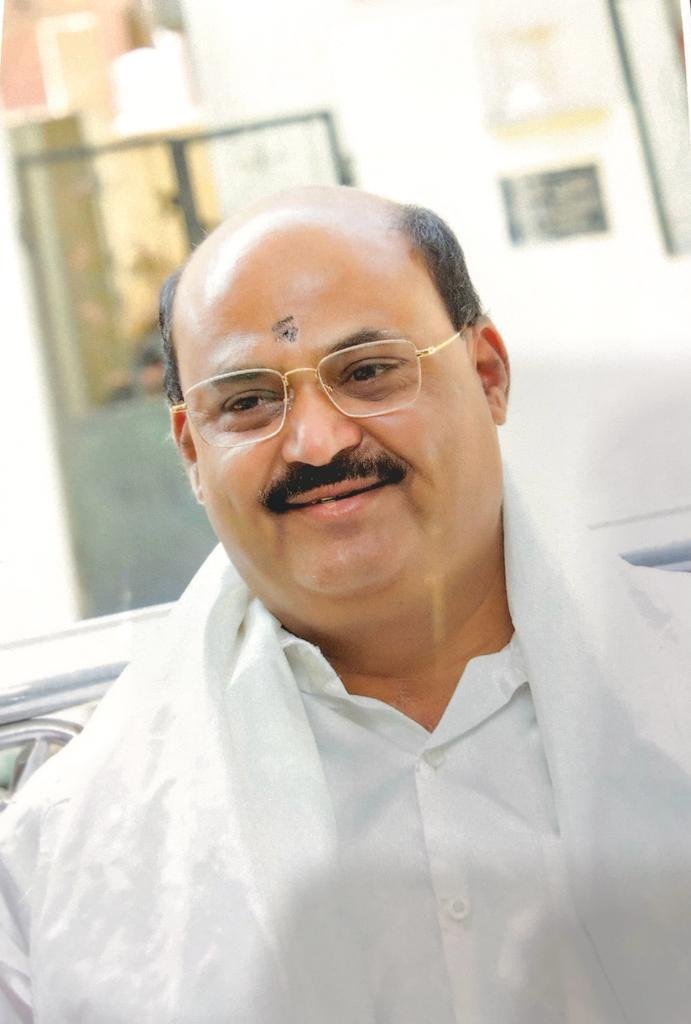Tunisians voted to elect a new parliament, to the backdrop of a soaring cost-of-living crisis and concerns of democracy backsliding in the North African country — the cradle of Arab Spring protests a decade ago. Opposition parties — including the Salvation Front coalition that the popular Ennahda party is part of — boycotted the polls on Saturday because they say the vote is part of President Kais Saied’s efforts to consolidate power. The decision to boycott will likely lead to the next legislature being subservient to the president, whom critics accuse of authoritarian drift. After the polls closed at 6 p.m. (1700 GMT), the voter turnout appeared lower than in previous legislative elections in 2014 and 2019. Associated Press reporters observed deserted polling stations during Saturday’s balloting – although they also saw people queuing outside several polling places around the capital, Tunis. Farouk Bouaskar, president of Tunisia’s Election Authority, said Saturday night that the turnout was astonishingly low and stood at 8.8 percent. Of 9 million registered voters, only some 800,000 cast ballots, Bouaskar said. “It’s really a stretch to call what occurred today an election,” said Saida Ounissi, a former member of the parliament that the president dissolved in March after years of political deadlock and economic stagnation. Ounissi, who also served as minister and was elected in two previous elections to the legislature on the Ennahda party list, acknowledged that she was “a bit bitter” at the political situation as the country faced an unprecedent financial crisis, the COVID-19 pandemic and the fallout from the war in Ukraine. “People were very angry at the parliament because of the deteriorating economy that is due to various crisis, and the president capitalized on that anger to crush the parliament, stifle democracy and seize more power,” Ounissi said. Parliament last met in July 2021. Since then, Saied, who was elected in 2019 and still enjoys the backing of more than half of the electorate, has also curbed the independence of the judiciary and weakened parliament’s powers. In a referendum in July, Tunisians approved a constitution that hands broad executive powers to the president. Saied, who spearheaded the project and wrote the text himself, made full use of the mandate in September, changing the electoral law to diminish the role of political parties.





